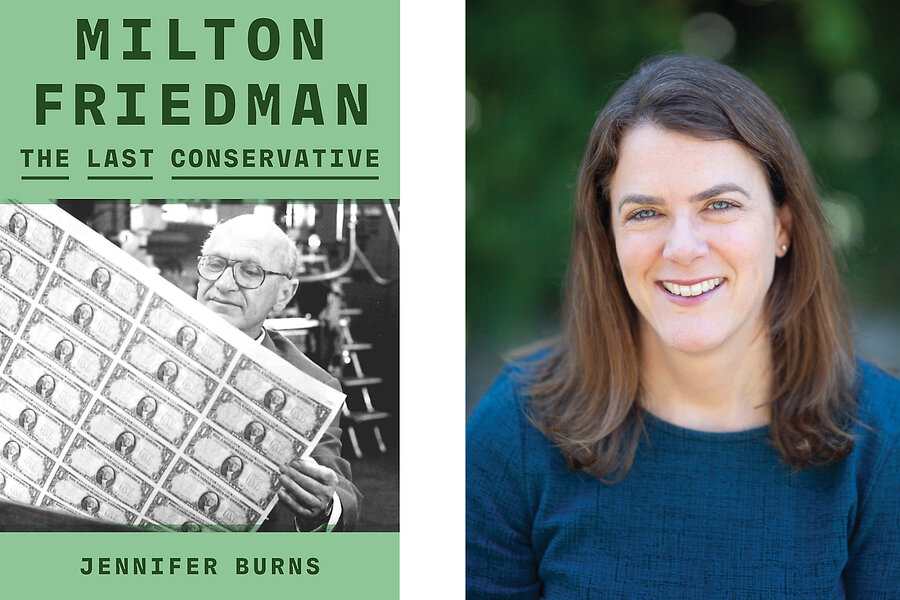Friedman was not, by any reasonable definition of the word, a socialist in 1947, and always wanted the market to be the tool that solved social problems. It was for this reason that he became active in the Republican Party, which he judged more amenable to his views. When, in the run-up to the 1952 election, his friend Fritz Machlup challenged that decision by pointing to the right-wing threat represented by McCarthyism, Friedman countered that the party in power would be better able to contain extremists. But Friedman does seem to have become more conservative over time. By the mid-1950s—following that price theory “architecture of mind”—he had concluded that private monopoly was perhaps preferable to government intervention to break it up. He grew increasingly skeptical of taxation as a method for producing a more equal society. In a series of lectures published in 1956, he listed the following as illegitimate activities of government: rent control, minimum wages, detailed regulation of industries, Social Security programs, licensure provisions, national parks, conscription for military service in peacetime, and legal prohibition of carrying mail for profit. Such views placed him well outside the economic mainstream.
Those lectures became the basis for his book Capitalism and Freedom in 1962, his first real work aimed at a popular audience. It was not an immediate hit, in a striking contrast with Free to Choose, which accompanied a PBS series and was the bestselling nonfiction book of 1980. (Friedman’s wife, Rose, was an important contributor to both volumes, and Burns shows clearly how important she was to his public output.) In the years in between, Friedman’s public profile grew steadily. Support for Chicago economics came from many sources, but most especially from the William Volker Charities Fund, which underwrote Friedman’s travel and lectures. His academic work drew praise, increasing his profile. His 1963 book, A Monetary History of the United States (cowritten with frequent collaborator Anna Jacobson Schwartz), argued that a stable monetary policy was essential for avoiding economic crisis.
Central to Monetary History was the argument that the Federal Reserve had had the power to prevent the Great Depression by expanding the money supply, and failed to do it. This caught the eye of Barry Goldwater on his way to the 1964 Republican nomination, and Friedman provided advice to his campaign. It is here that Burns is most critical of Friedman. For Friedman, like Goldwater, did not support the civil rights movement. Though both men were personally opposed to racial segregation, they saw federal action as infringing on the liberties of the racially prejudiced. Friedman compared laws requiring racial neutrality in hiring to systems of legal discrimination targeting racial or ethnic groups. He instead proposed school vouchers—a market-based system where parents could receive an outlay and then take it to the school of their choice, which did not have to be a public school. Friedman floated vouchers as an alternative to what he understood to be the coercive public monopoly on education, but the idea was soon taken up by segregationists, who flocked to private, whites-only schools as a way of avoiding court-ordered integration. Goldwater won only the Deep South and his home state of Arizona. But Friedman’s star continued to rise; he was given a Newsweek column.







